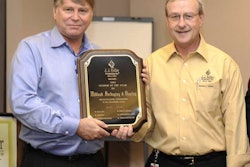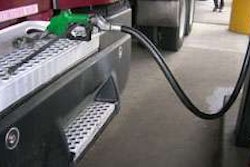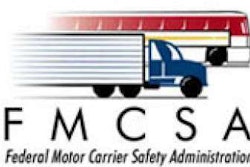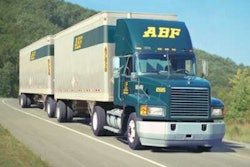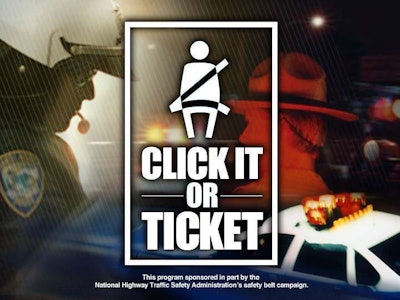
The U.S. Department of Transportation announced that while seatbelt use is at a record high 84 percent nationwide, 45 million Americans still are not buckling up when riding in motor vehicles. In an effort to increase belt use and save lives, DOT kicked off “Click It or Ticket,” a national enforcement mobilization that encourages all motorists to wear their seatbelts – day and night. Drivers caught not wearing their seatbelt run the risk of being ticketed.
“We’ve made great strides to get Americans to buckle up, but we must not rest on our laurels,” U.S. Secretary of Transportation Ray LaHood says. “Not wearing your seatbelt is a serious life-threatening practice. If you are one of the 45 million Americans who won’t buckle up, our ‘Click It or Ticket’ enforcement mobilization will be looking for you.”
On any given day, about 38 people who are not buckled up are killed in motor vehicle crashes, according to statistics from the National Highway Traffic Safety Administration. In 2008 alone, nearly 14,000 unbuckled passenger vehicle occupants lost their lives on U.S. roadways; nearly half of them could have been saved if they had been belted. NHTSA statistics also show that those least likely to buckle up are teens, young adults, males, nighttime riders, motorists traveling on rural roads, and individuals traveling in pickup trucks.
“Regular seatbelt use is the single best way to protect yourself and your family in motor vehicle crashes,” says NHTSA Administrator David Strickland. “Wearing your seatbelt costs you nothing. But the cost for not wearing one certainly will. Don’t risk your life or getting a ticket. Please remember to buckle up day and night – every trip, every time.”
The “Click It or Ticket” campaign is set to run from May 24 through June 6. The mobilization, expected to involve more than 10,000 police agencies, is supported by $8 million in national advertising funded through Congress and coordinated by NHTSA. The ads, which will air in English and Spanish, generate awareness of the increased enforcement efforts and the increased chance of getting a ticket if drivers are not buckled up. Ads will be aired on television, radio and online.

